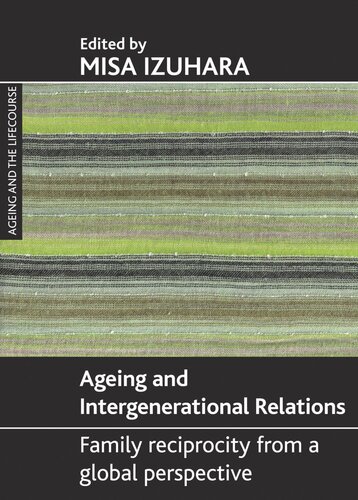

Most ebook files are in PDF format, so you can easily read them using various software such as Foxit Reader or directly on the Google Chrome browser.
Some ebook files are released by publishers in other formats such as .awz, .mobi, .epub, .fb2, etc. You may need to install specific software to read these formats on mobile/PC, such as Calibre.
Please read the tutorial at this link: https://ebookbell.com/faq
We offer FREE conversion to the popular formats you request; however, this may take some time. Therefore, right after payment, please email us, and we will try to provide the service as quickly as possible.
For some exceptional file formats or broken links (if any), please refrain from opening any disputes. Instead, email us first, and we will try to assist within a maximum of 6 hours.
EbookBell Team

5.0
98 reviewsWith socio-economic and demographic changes taking place in contemporary societies, new patterns of family relations are forming partly due to significant family changes, value shifts, precariousness in the labour market, and increasing mobility within and beyond national boundaries. This book explores the exchange of support between generations and examines variations in contemporary practices and rationales in different regions and societies. It draws on both theoretical perspectives and empirical analysis in relation to new patterns of family reciprocity. Contributors discuss both newly emerging patterns and more established ones which are now being affected due to various opportunities and pressures in contemporary societies. The book is split into two parts, the first (Chapters one to four) reviews key theoretical and conceptual debates in this field, while the second (Chapter five to nine) offers insights and an understanding of exchange practices based on case studies from different regions and different relationships.